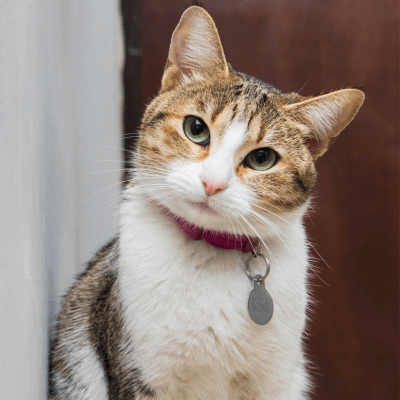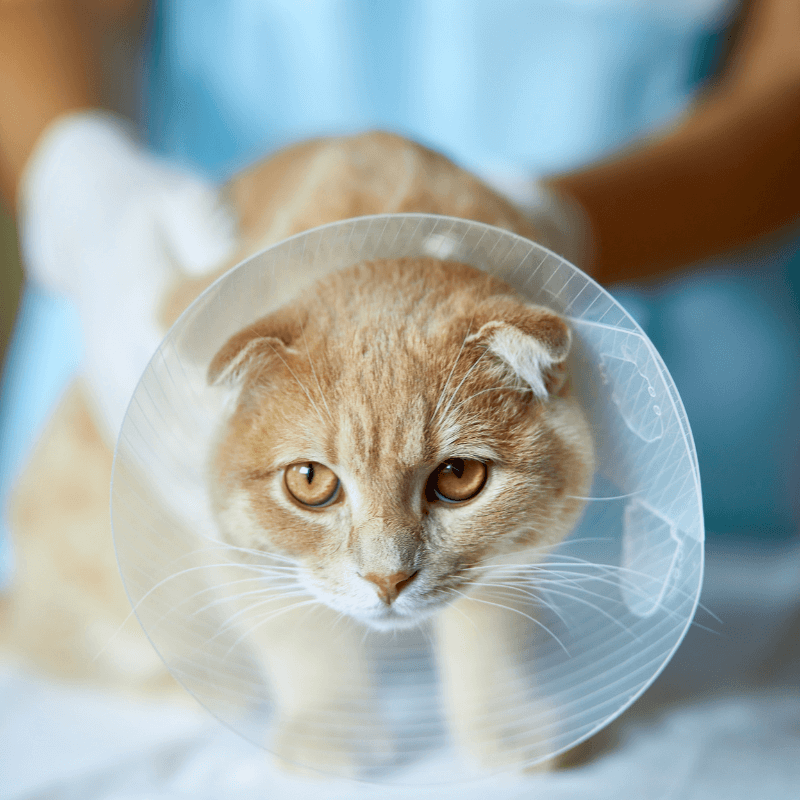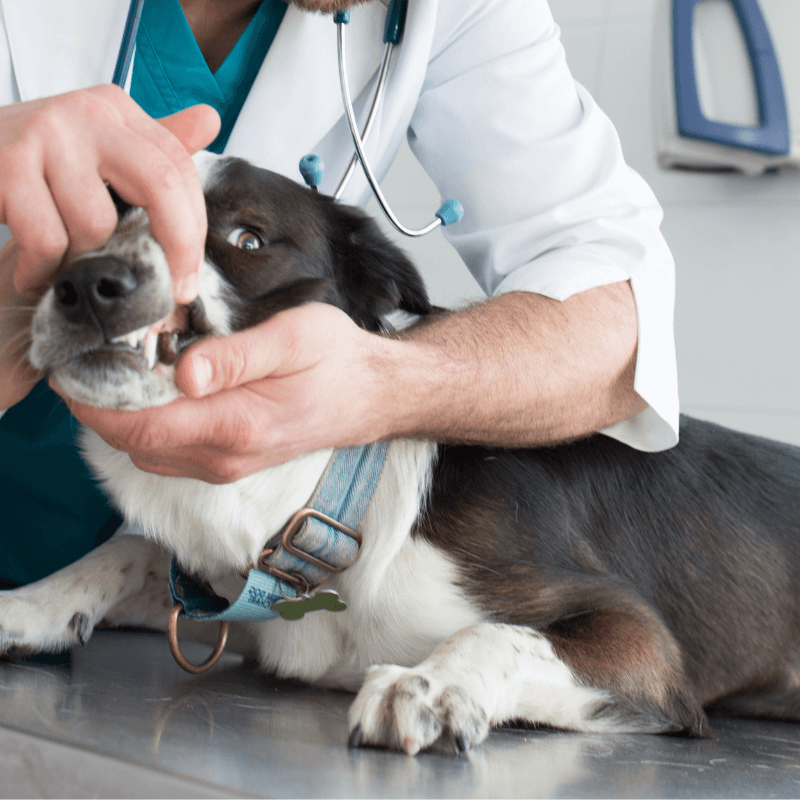Cedar Rapids, IA
Your Full-Service Vet in Cedar Rapids, IA

Animal Care Hospital provides compassionate, quality veterinary care in Cedar Rapids & Marion, IA. We treat most companion animals, including rabbits, ferrets, reptiles, and small pets.
About Us
About Animal Care Hospital
At Animal Care Hospital, we believe in creating a partnership with our clients and developing a special bond with their pets, sharing our passion for animals, and going the extra mile to make a difference. We’re known for our compassion and the measures we take to make our veterinary facility warm and inviting. From the moment you walk through the door, you’ll notice the difference.

We’re Proud To Be An AAHA-Accredited Veterinary Hospital
We are committed to excellence in all aspects of our practice and are proud to be an AAHA-accredited veterinary hospital. One of only a handful of practices in the greater Iowa area to earn this credential, our hospital meets the rigorous standards set by the American Animal Hospital Association (AAHA).
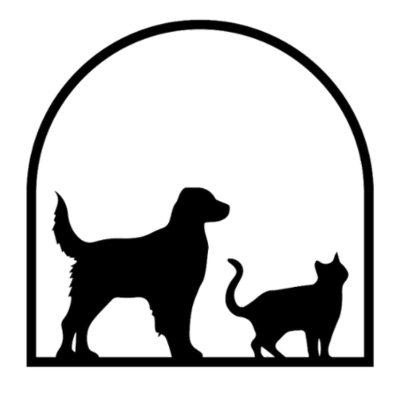
Our Veterinary Services
Complete Veterinary Services in Cedar Rapids, IA
At Animal Care Hospital, we work hard to develop a comprehensive animal health care system that is designed to promote and support a lifetime of wellness. From those first few weeks of life to the precious senior years, and every moment and milestone along the way.
Pet Wellness & Vaccinations
At Animal Care Hospital, we prioritize the well-being of your pets, offering a wide range of pet wellness services to keep them healthy and happy throughout their lives.
Pet Wellness Plan
Keeping your animal family member happy, healthy, and fit takes commitment. The wellness plans at Animal Care Hospital make achieving this goal easier and more affordable.
Pet General Surgery
We understand that pets may require surgical interventions to address a variety of health conditions. Our dedicated team of veterinarians specializes in pet general surgery.
Pet Dentistry
Our veterinarians conduct thorough dental examinations to assess the condition of your pet’s teeth and gums. Early detection of dental issues allows for prompt intervention, preventing the progression of dental problems.
Our Veterinary Team
Get To Know Our Veterinary Team
We are solely dedicated to your pet’s care! We look forward to getting to know you.
We work hard to maintain excellent veterinarians, receptionists, technicians, and assistants. Our staff is a close-knit group and has been carefully chosen to provide the best care for your pet. All staff members participate in continuing education programs.
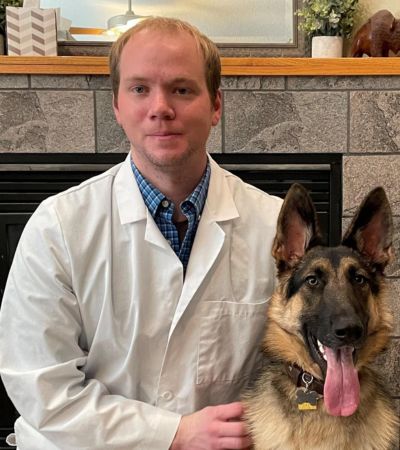

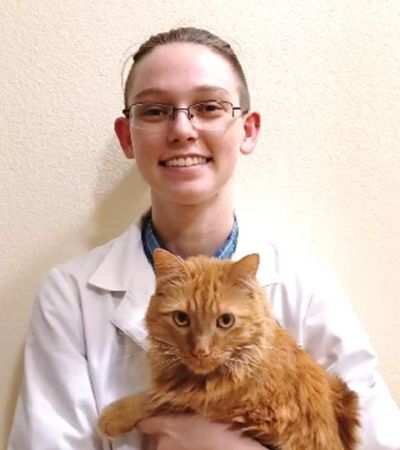
Thank you for making us one of the highest-rated veterinary hospitals in Cedar Rapids, IA
Took my snake here to do a check up. The check in ladies were so nice and helpful and kind. It was the first time going there and it was a great experience. I had my 3 year old son with me and the vet assistant weighed his toy snake after they weighed my real one. It made him so happy. It was a great experience for both my son and I. They took great care of my snake and were very nice!
ARIA LOGAN
ANGELO OLDS




